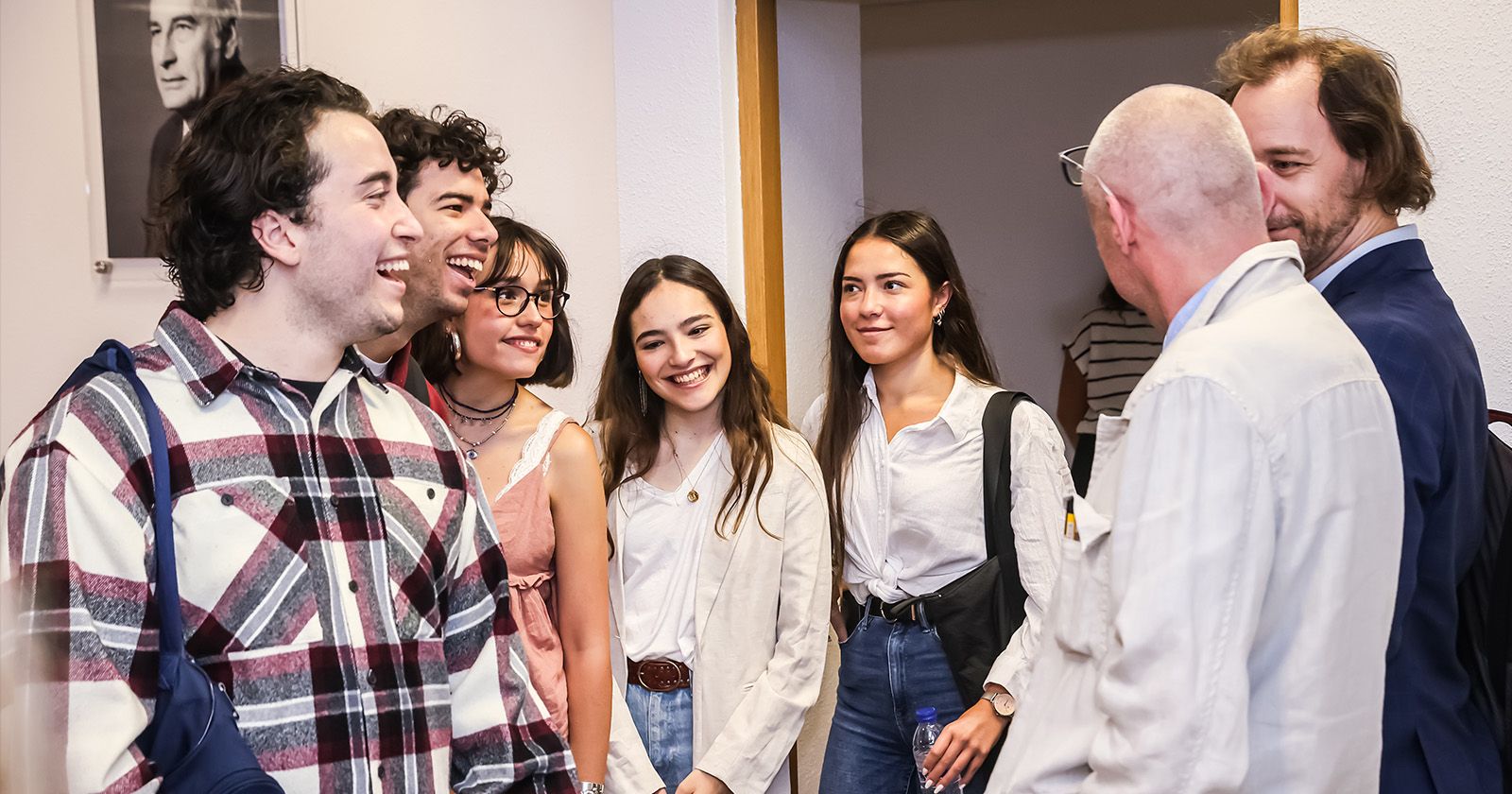 Campus life
Campus life
Internationally on migration
NCU students, together with their colleagues from 3 foreign Universities, will debate migration in national and European law during the Blended Intensive Programme, which takes place onsite in Toruń from 1 to 5 July.
29 people from universities in Lithuania, Spain, Croatia, and Poland are participating in a BIP at the Faculty of Law and Administration at NCU as part of the YUFE International Legal Clinics Network initiative. The network was established to strengthen cooperation between universities' Legal Clinics while improving the quality of their work. But also to facilitate the exchange of experiences and knowledge in the legal-comparative field among staff and students. – The opportunity to compare different national laws, the chance to learn about the culture, and the different approaches to the problem of migration are the reasons why I decided to take part in the programme – says Jose Antonio Diaz from Universidad Carlos III de Madrid.
The Blended Intensive Programme is a short form of learning using innovative methods that is funded by Erasmus+. It usually consists of two parts; first, participants meet online, and then they complete the work during the onsite stay. After the online component, that took place in April/May 2024, it's time for the second part of the programme National and European law in the context of migration: comparative study and international practice and experiences implemented at the University Legal Clinics. Over the following days, the students, under the guidance of international staff, will develop legal information from key spheres of public life, thus also working to raise legal awareness among the people of Europe.
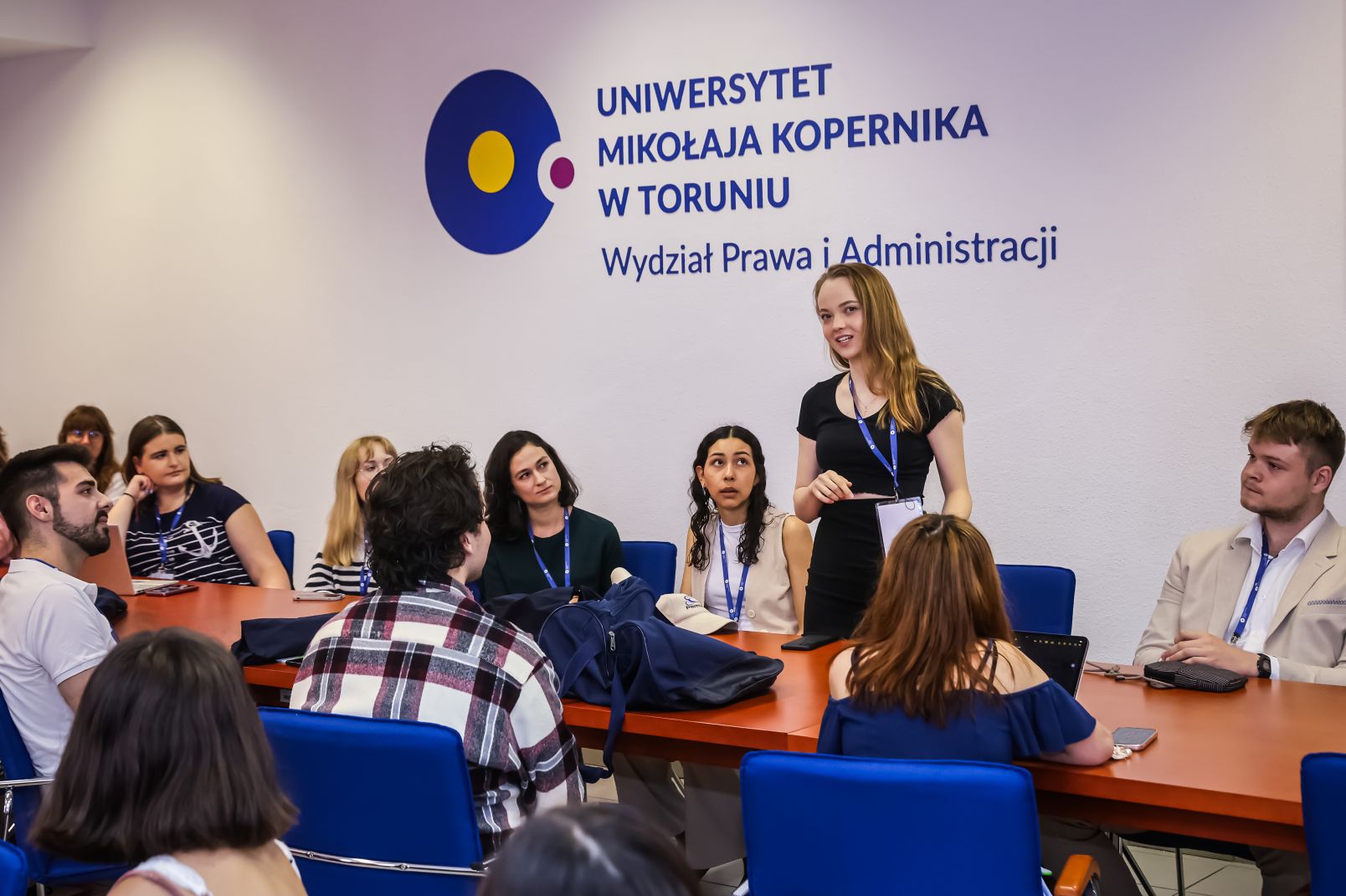
Photo by Andrzej Romański
– I decided to participate in BIP, because of the topics related to labour legislation, which I am particularly interested in – says Katarzyna Molesztak, a 3rd-year law student from NCU who participates in this course. However, it's not the only factor. – Also, the opportunity to develop language skills was the reason I decided to join - she claims.
These are not the only benefits of BIP that students find appealing. Among the advantages, they also mention focus on specific themes, which are held in international settings. Even though course is intensive, they require less time than common exchange. What's more, they offer the opportunity to interact with multiple foreign universities at once. – Such a trip is easier to plan, especially in the context of studies, work, and extra-curricular activities – emphasises Emilija Radvilavičiūtė from Vytautas Magnus University.
The BIP is organised jointly with three partner universities, two of which – the University of Rijeka and Universidad Carlos III de Madrid – are members of the European alliance Young Universities for the Future of Europe. The third partner is Vytautas Magnus University from Kaunas, Lithuania. Developing pro-social activities such as legal clinics (and other Help Desks) is one of the priority activities of the YUFE alliance.
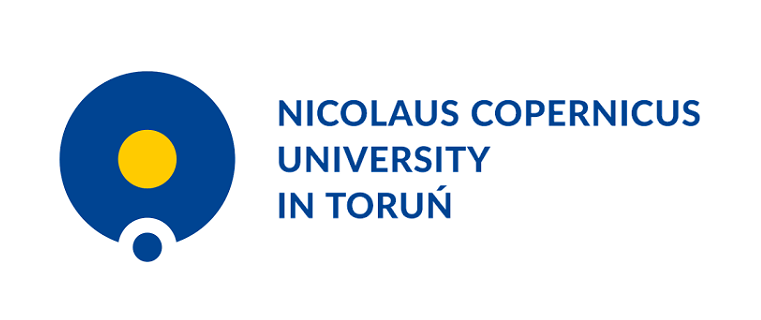 NCU News
NCU News






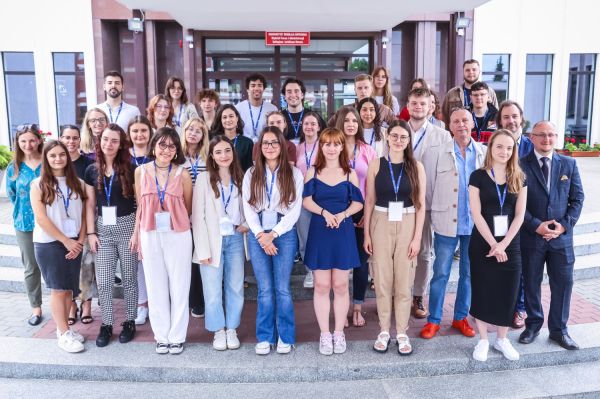
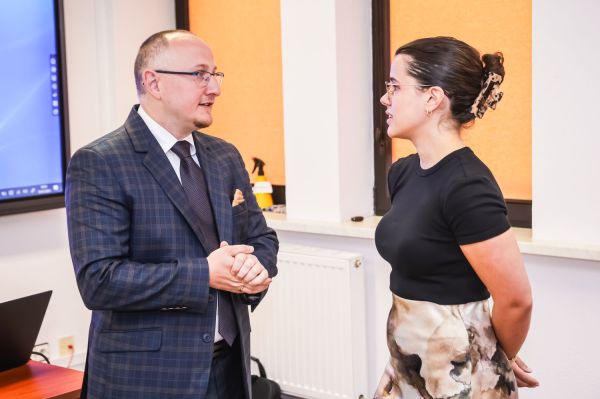
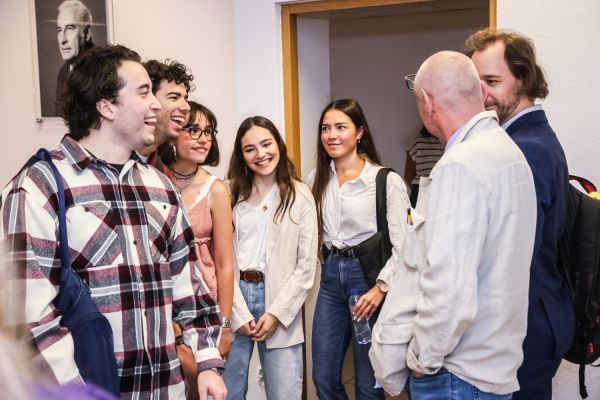
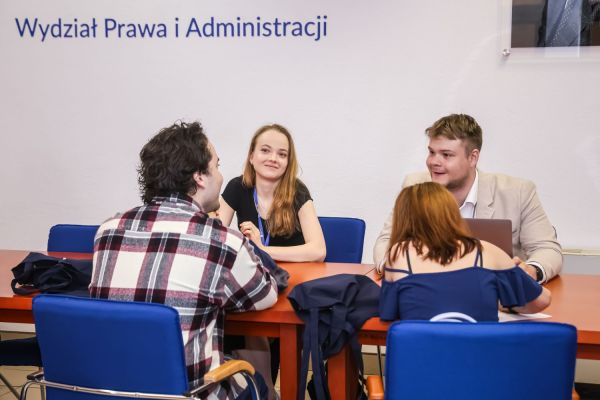
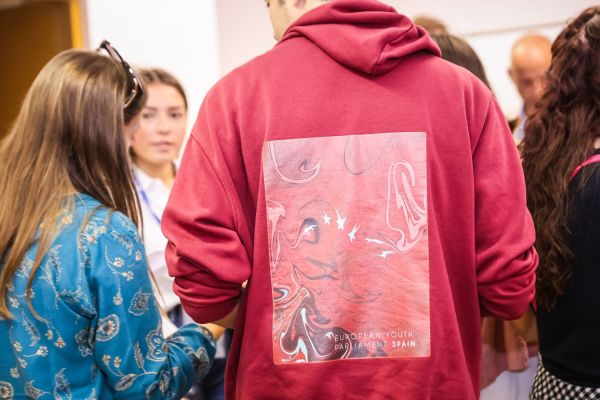
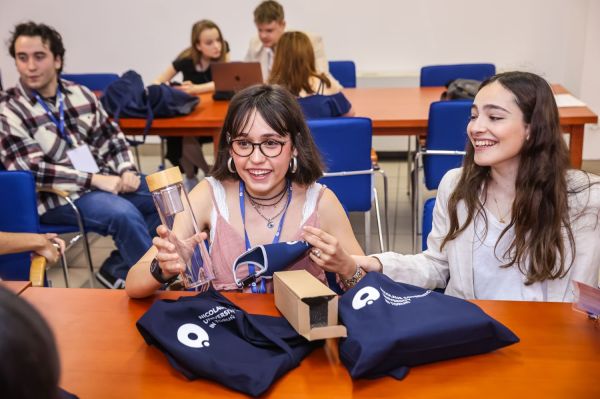
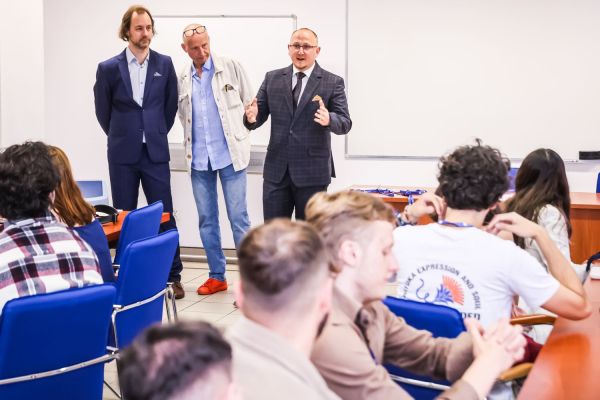
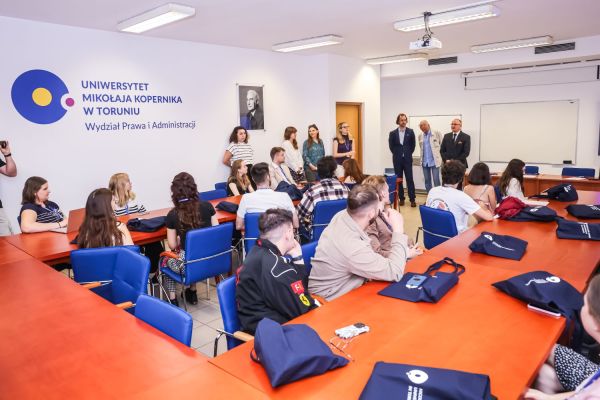
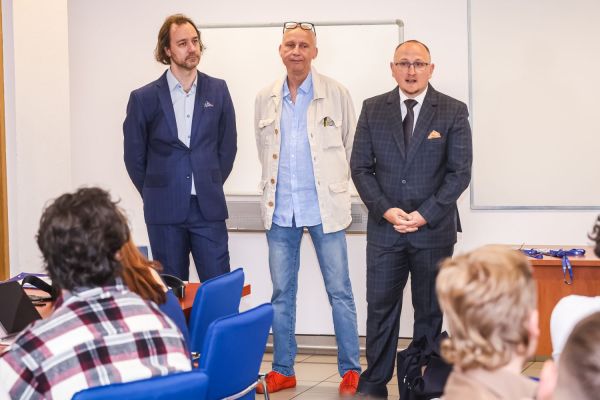

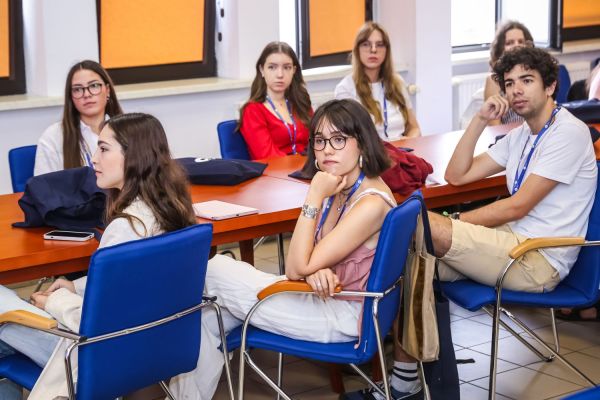
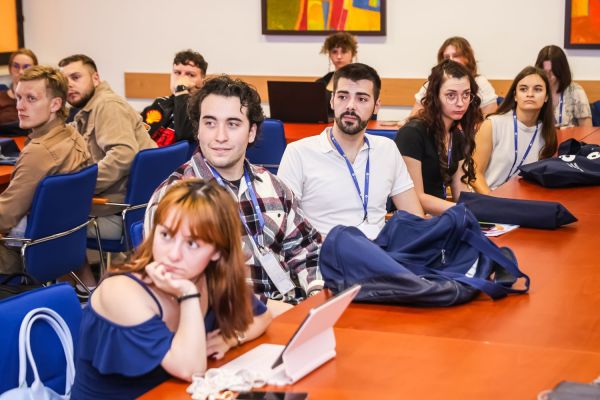
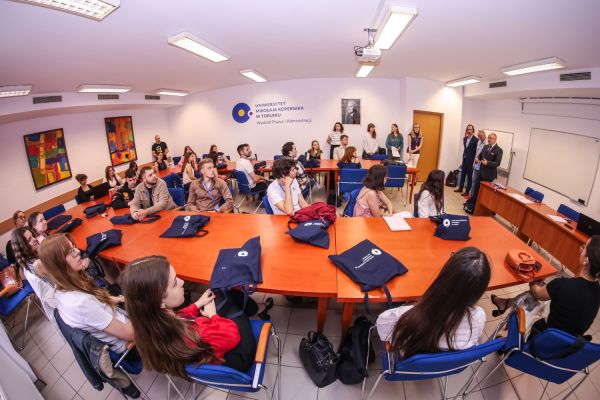
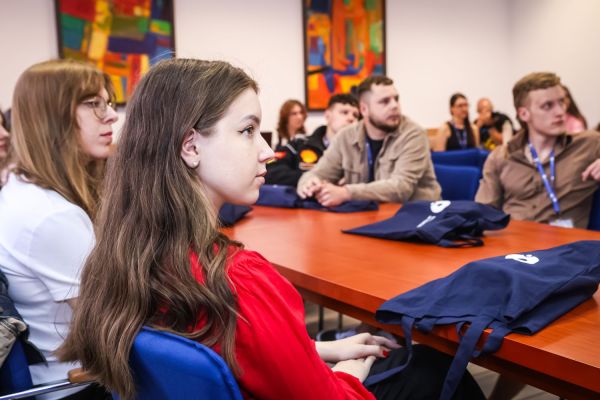
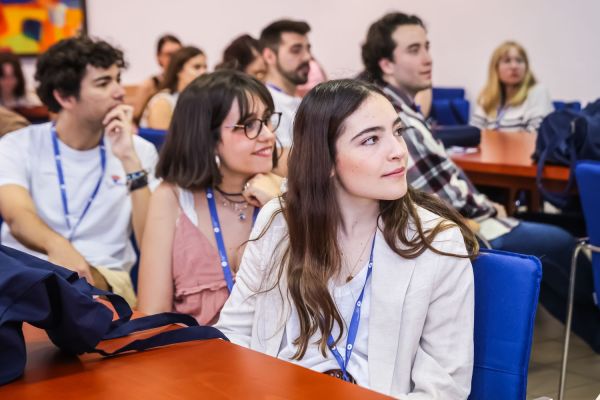
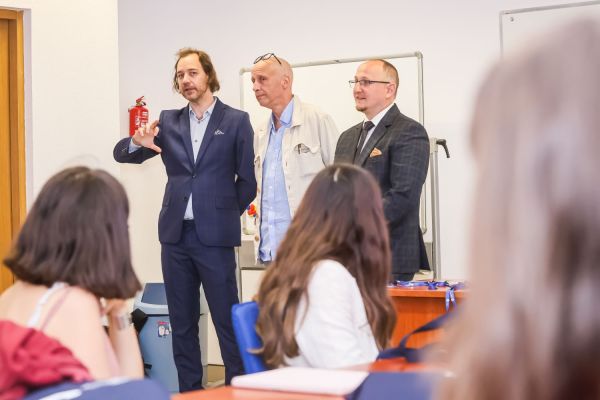
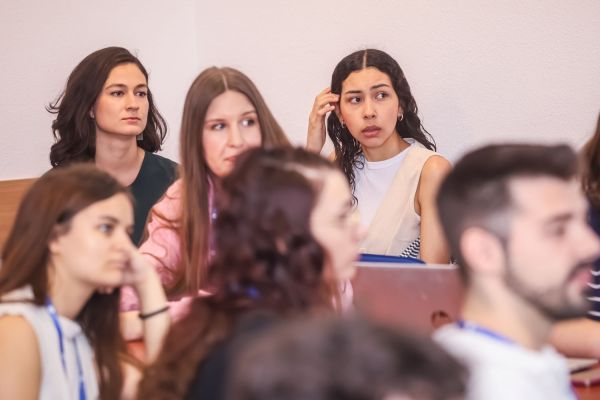
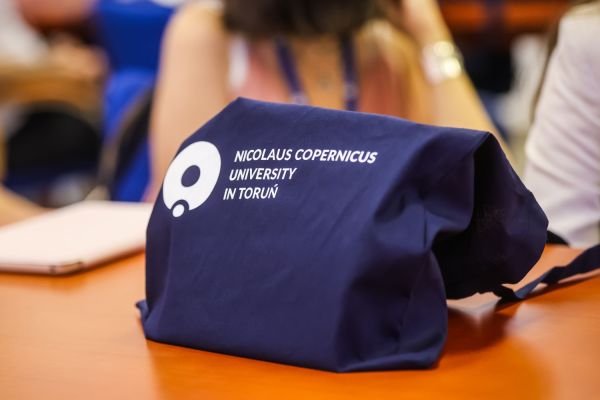
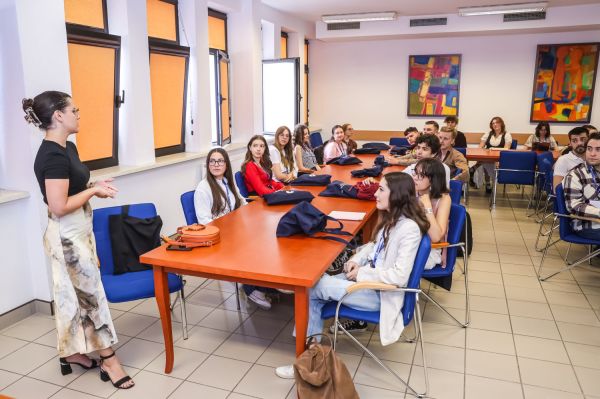
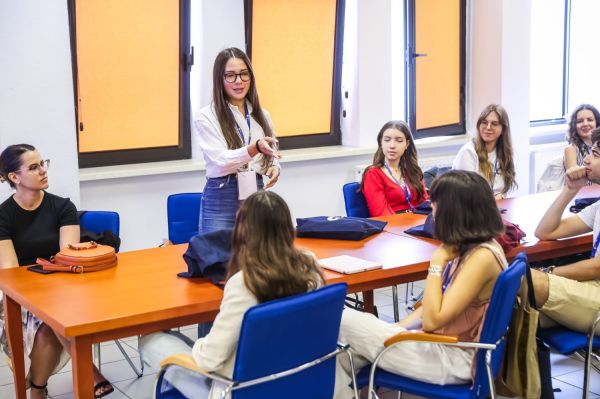
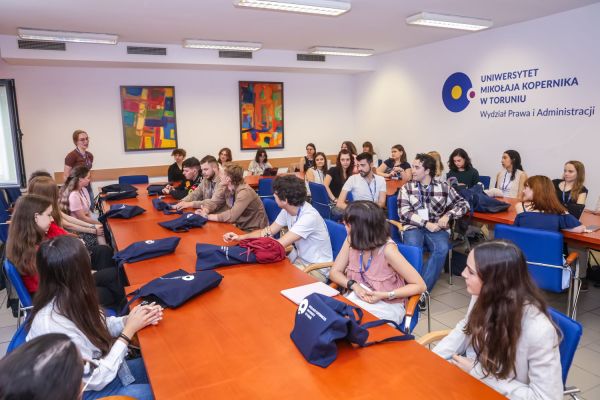
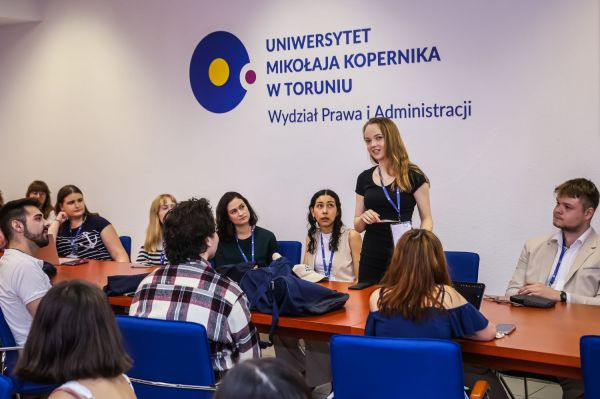
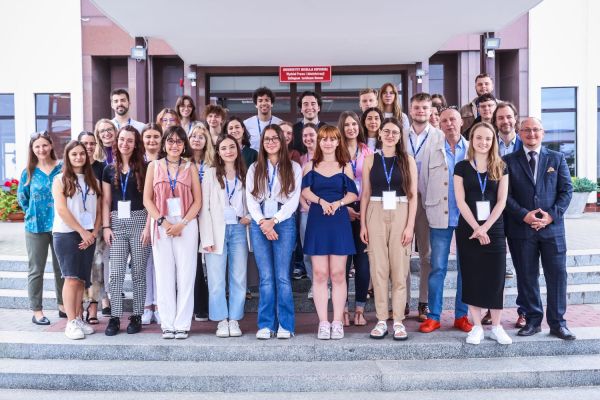

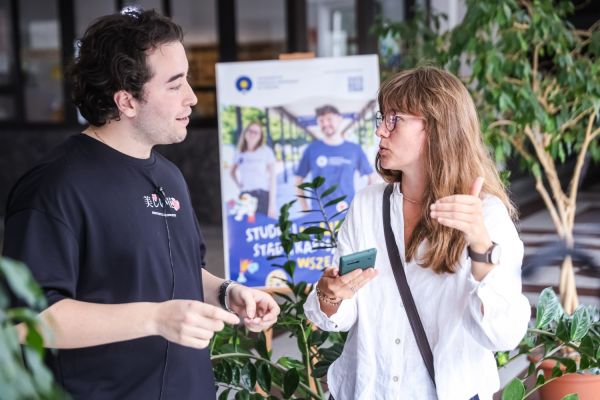
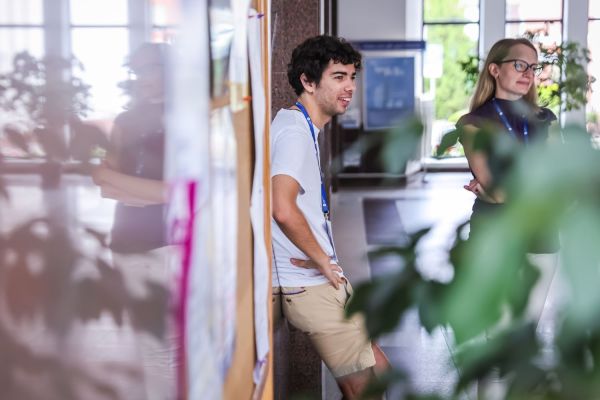
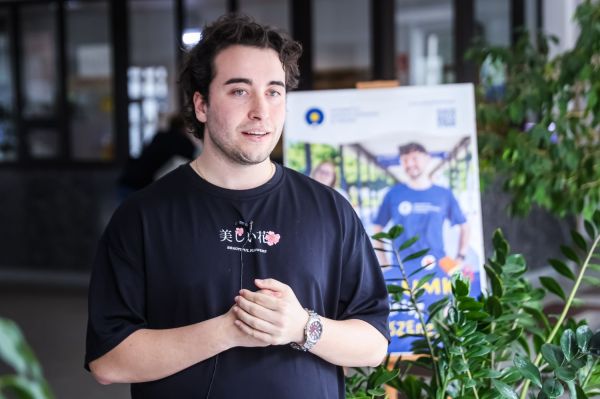
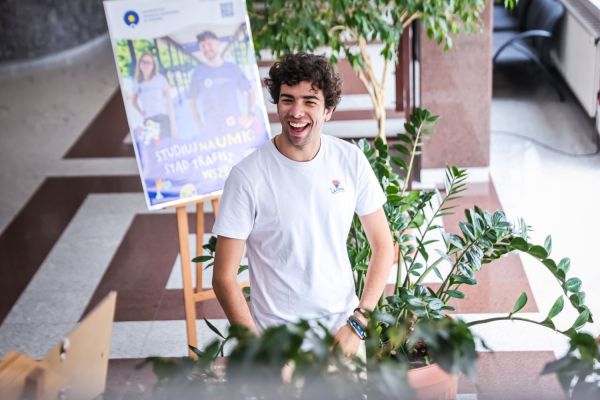
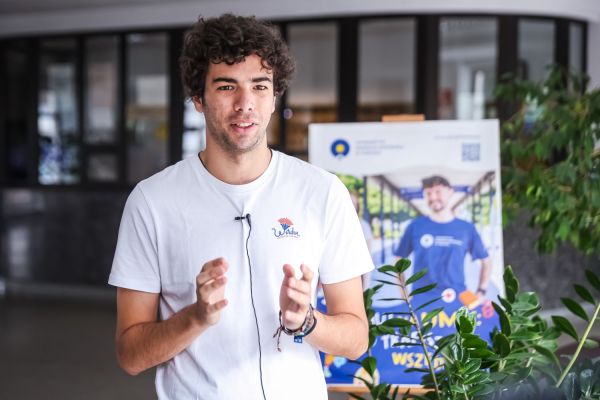

 Campus life
Campus life
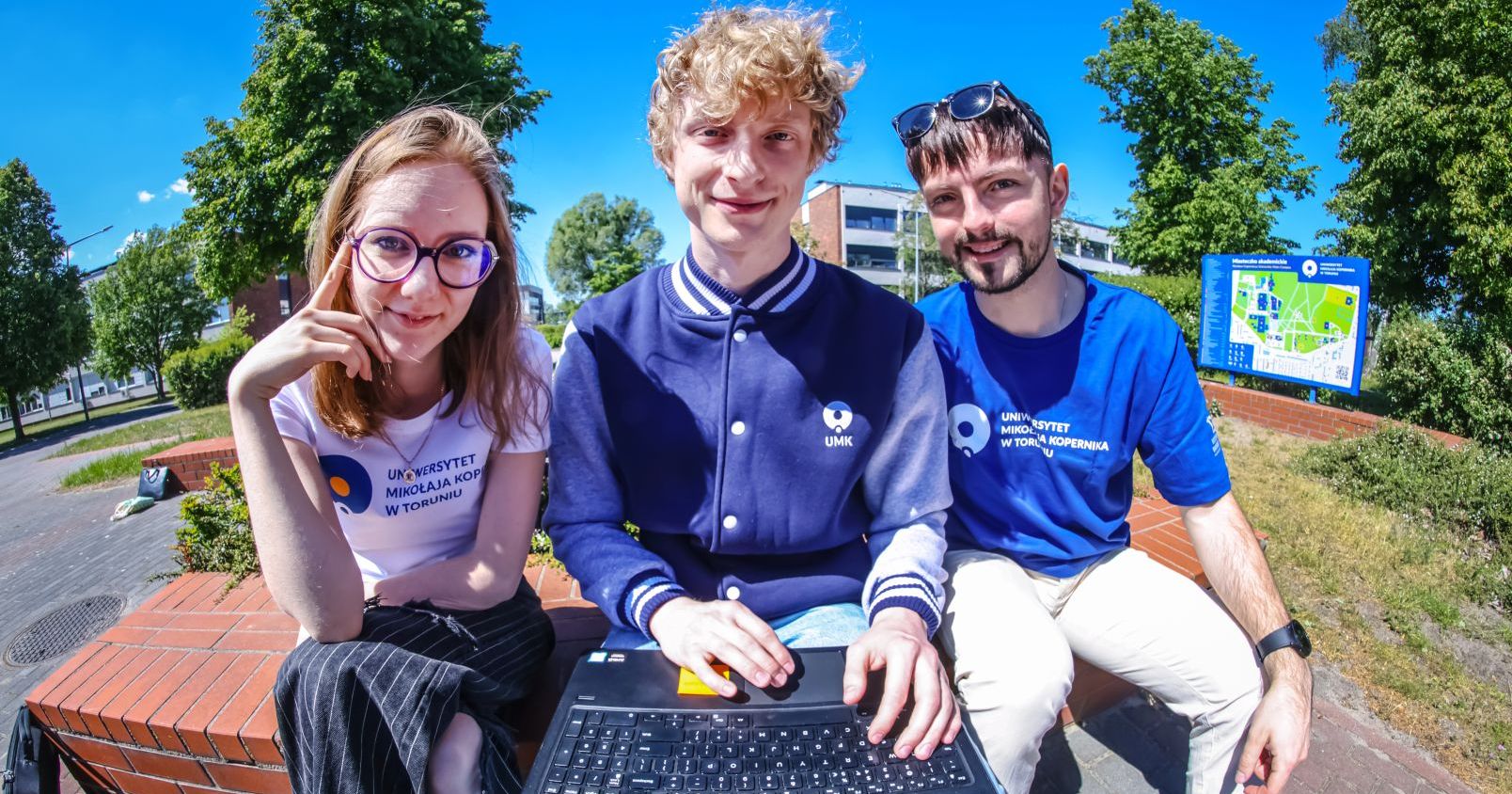 Campus life
Campus life

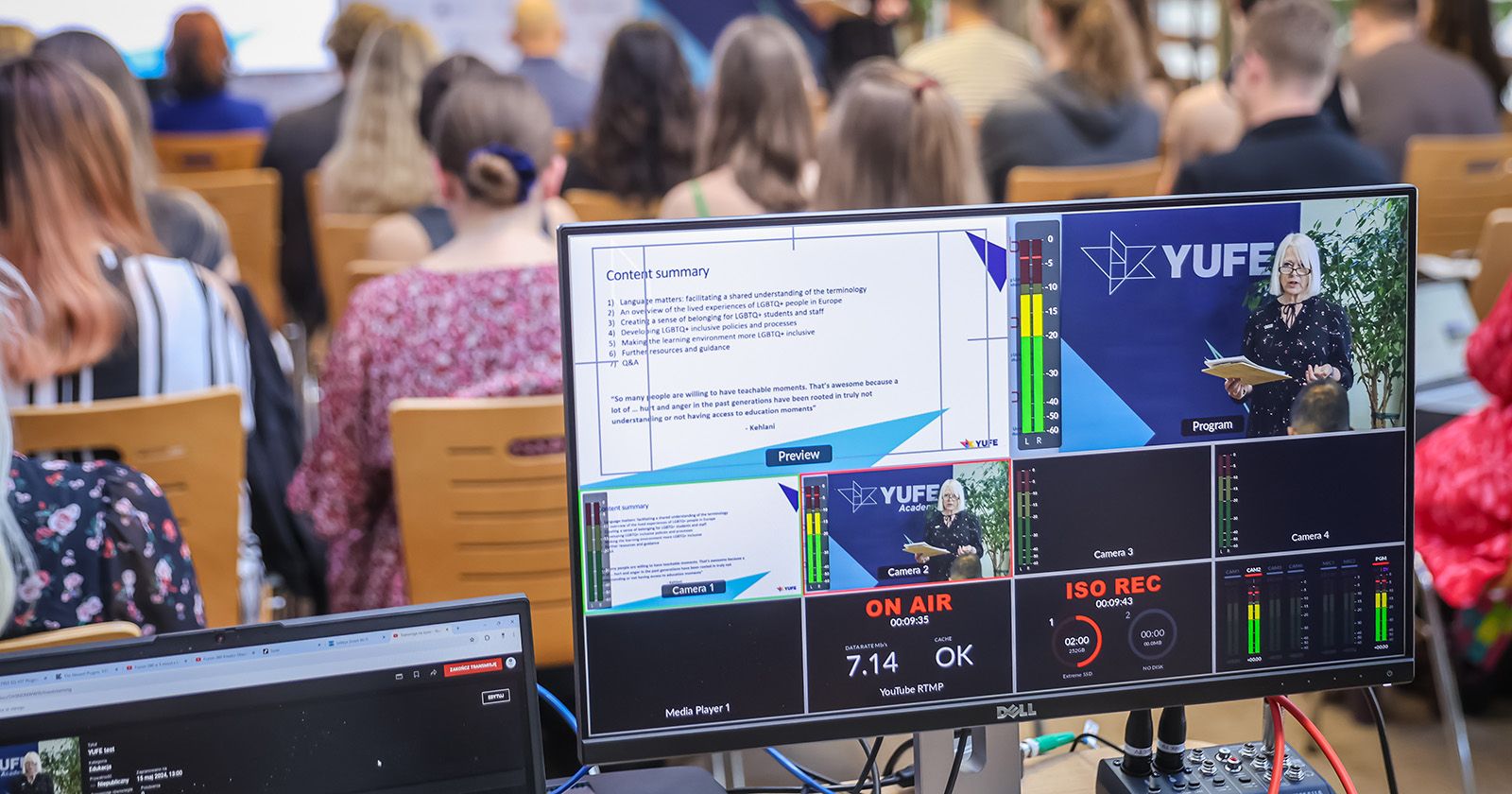 Campus life
Campus life
 Campus life
Campus life
